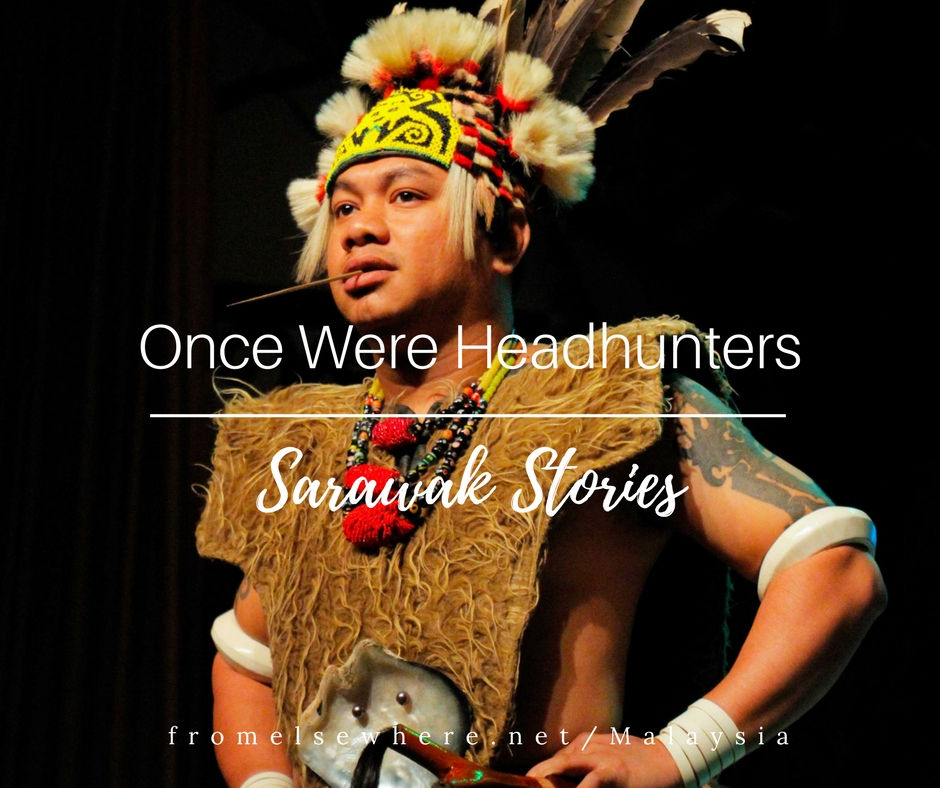A theory of Christianity and the Cosmos from the tribes of the Kelabit Highlands in Malaysia Borneo.

On one level it seems strange that Kelabit tribal woman and my host Supang, would be whisking shuttlecocks with the Malay political elite. But the Kelabit, some of the last tribes to make contact with the 'outside world' came out of the jungle enthusiastically embracing everything new and different.
The Kelabit, from the interior highlands of Sarawak, are one of 40 sub-ethnic groups in Borneo. Though a minority demographic, they have, more than most, taken advantage of the Malaysian government's positive discrimination scheme to lift education standards in Sarawak's ethnic communities, whose remote jungle location left them without infrastructure or access to schools. Bario, the largest village in the highlands, is a 12 hour drive to the nearest high school yet has churned out a large proportion of university educated men and women who have gone on to occupy high level posts in corporate and government institutions at home and overseas.
To the Kelabit, knowledge is power or "lalud". A sort of life force that exists in all of us but those with particular strengths, whether physical, intellectual or artistic, are considered to have more lalud and are revered for it. Importantly, you don't need to be born with high levels of lalud, you can increase it through education and association with other knowledgeable, innovative or officious people.
Lalud is associated with the cosmic spirit world of the forest. Just as they were once strongly animistic the Kelabit today are staunch Christians. Evangelical Christians.
Converting in the early 1940s, the Kelabit were half-hearted about the faith until the 'Great Revival of 1972' when the Holy Spirit descended on the highlands and overnight people were Born Again. It was inexplicably miraculous. One of the Bario villagers ran off to warn the people of Pa Lungan - a 4 hour hike away - but by the time he got there they told him the Holy Spirit had already arrived. Presumably the Holy Spirit used better maps than the hand drawn memory map Emily and I were working off.
Unlike some Born-Again Christians, the Kelabit don't speak of their conversion in terms of being saved from the pits of hell. Rather, they see throwing off their "unproductive" pagan ideas for the Christian belief, was improving their efficiency and prosperity.
In the old days, a Kelabit's life was ruled by the signs and taboos of their animistic faith. A man might head out to work his field but if a certain bird flew across his path in a certain way it would be considered a bad omen and he'd have to immediately return home. There were a range of animals that, if seen around farmland, buildings, newly married couples or newborns, were considered such a bad omen the farm, building, marriage or child would simply have to be abandoned. There were many omens and often little got done. For the frustrated Kelabit, Christianity offered a spiritual way out. Today, every Kelabit village has a church at its centre and a prayer mountain on the forest edge.
Today, education, prayer and a continued relationship with the forest underscores the Kelabit desire to grow economically and socially while at the same time maintaining their spiritual connectedness.

MORE SARAWAK STORIES







